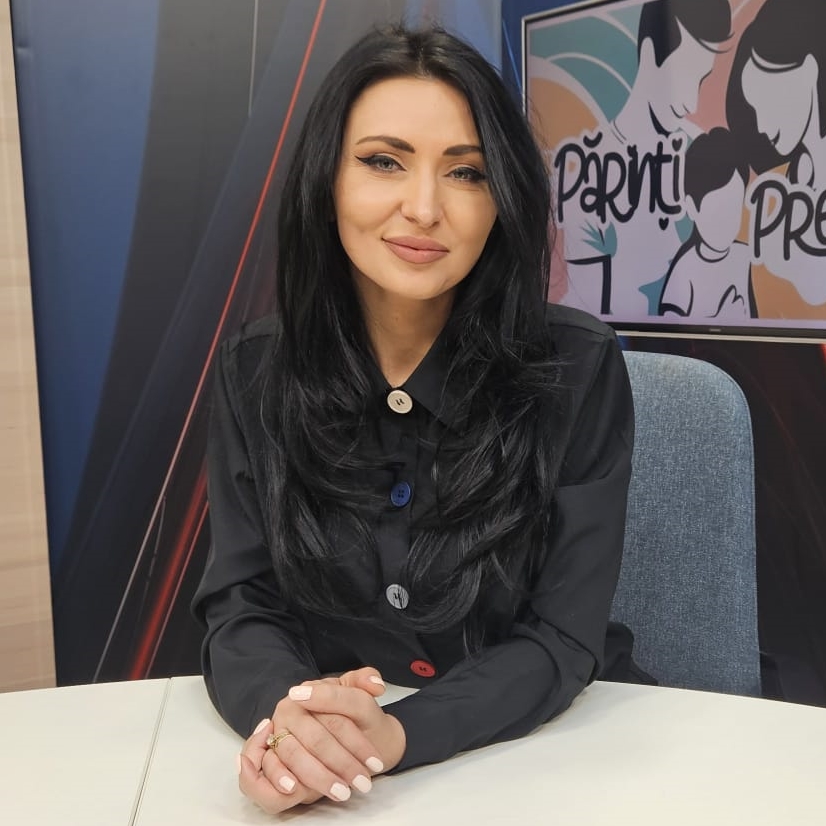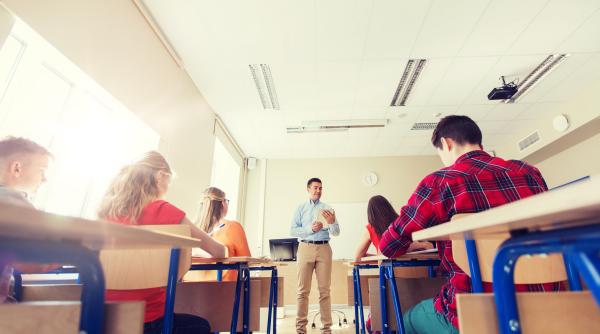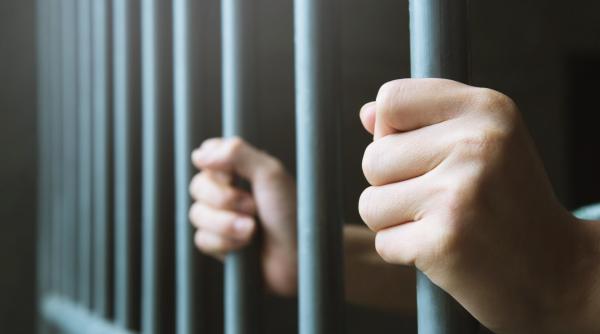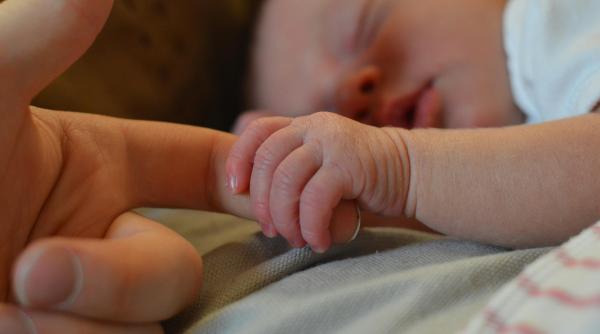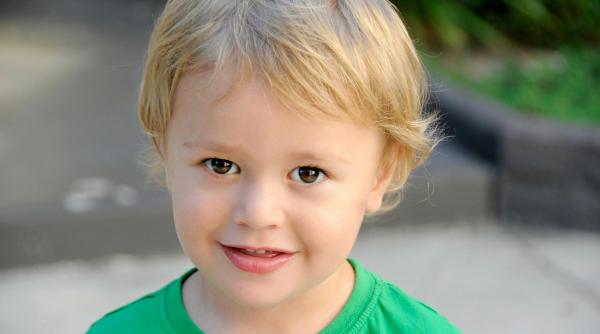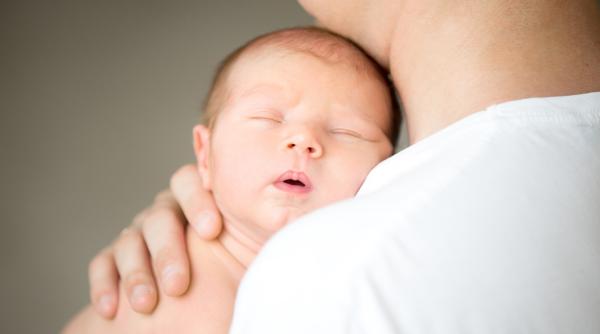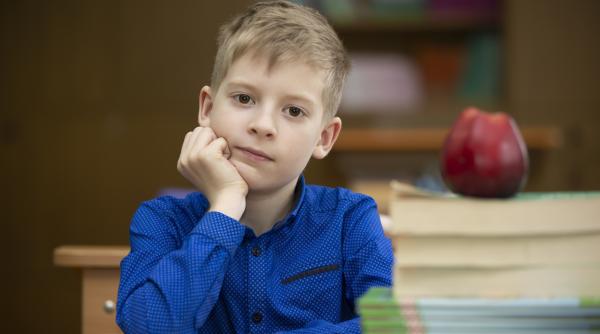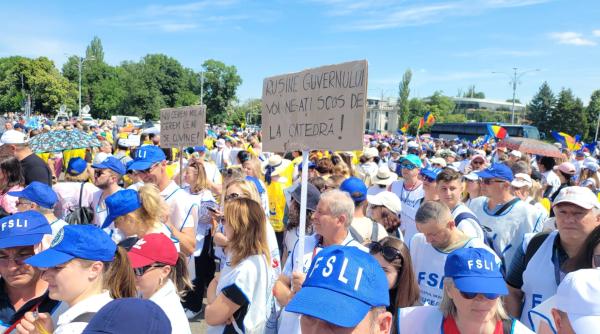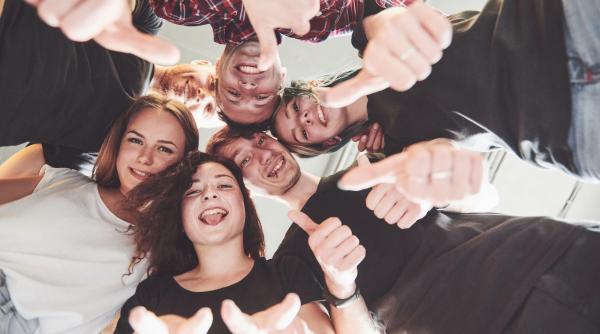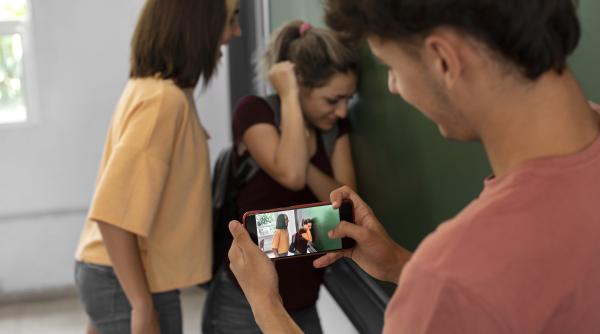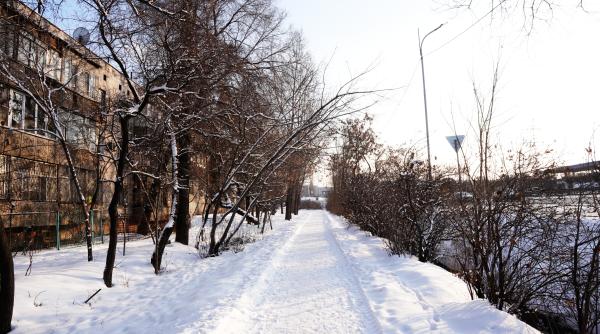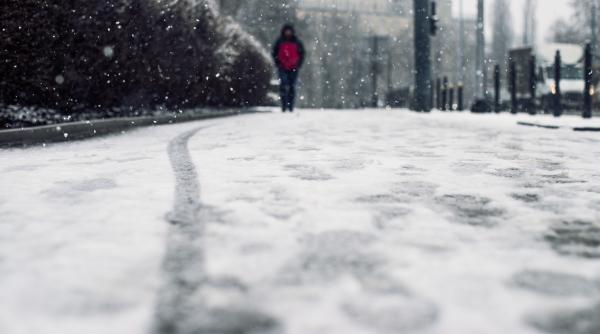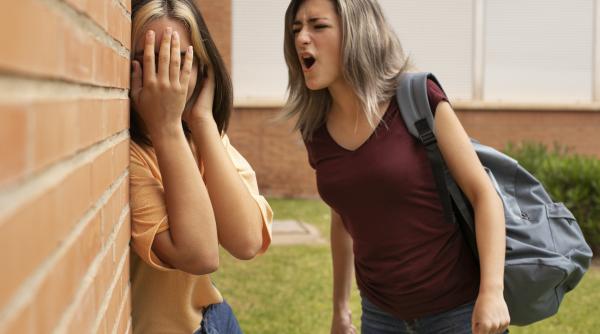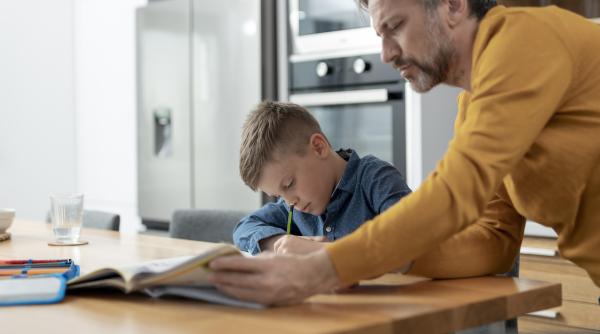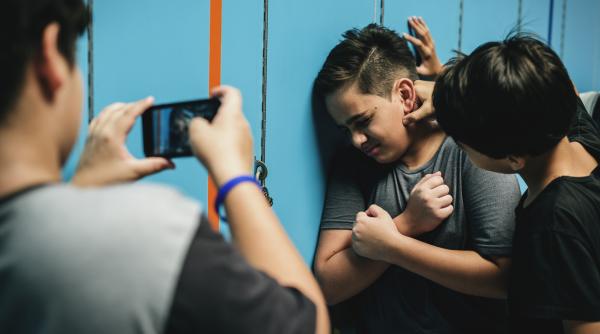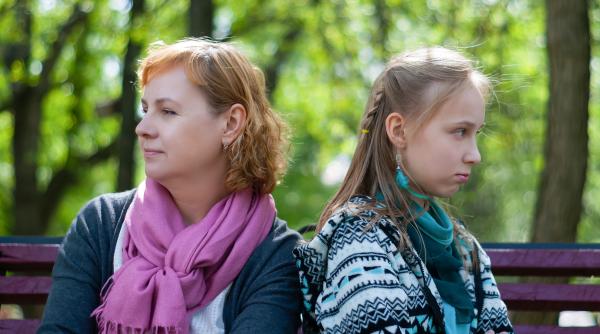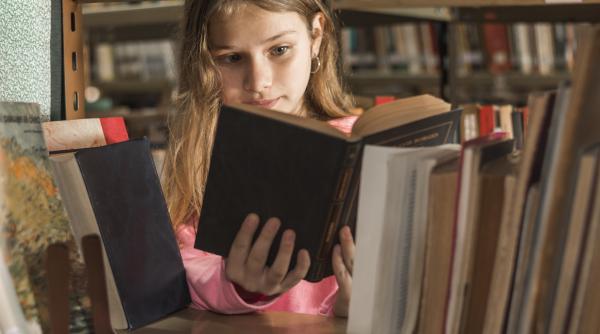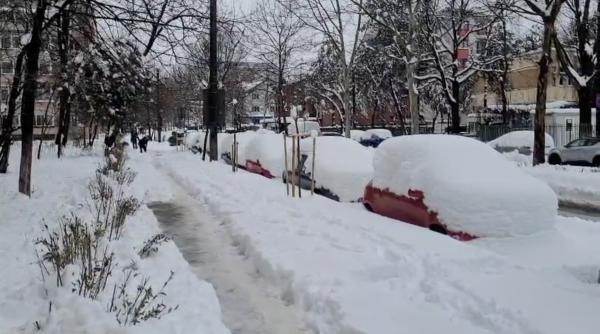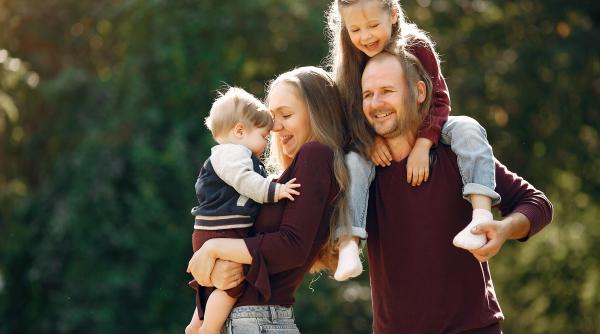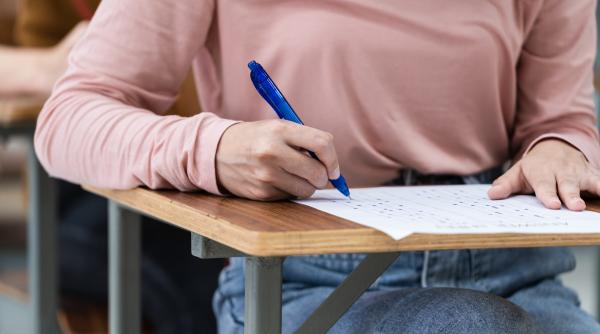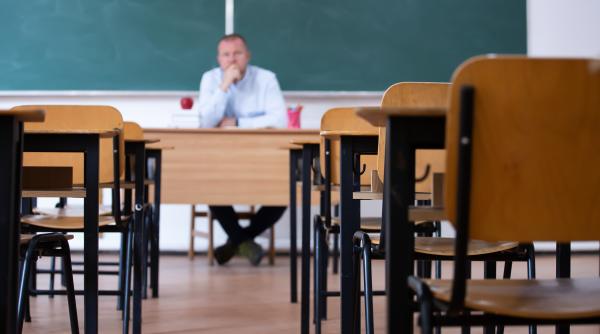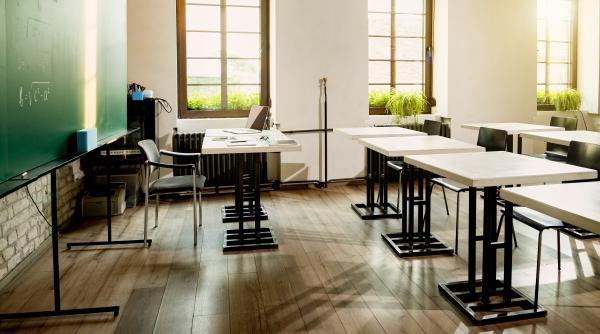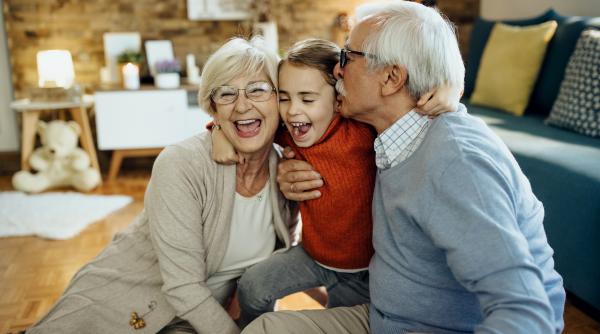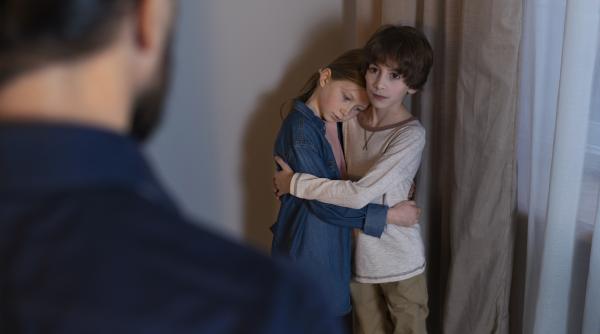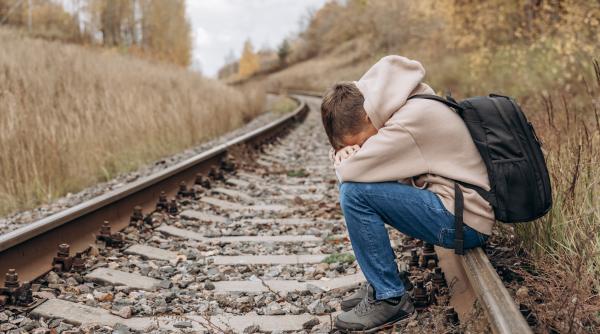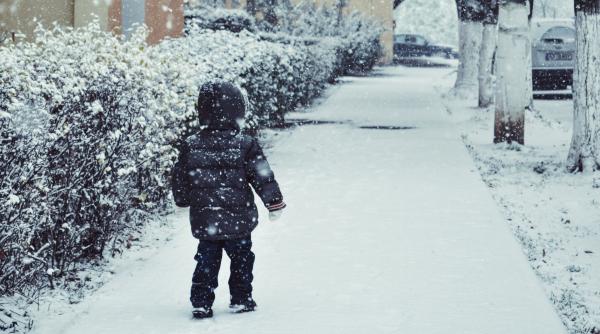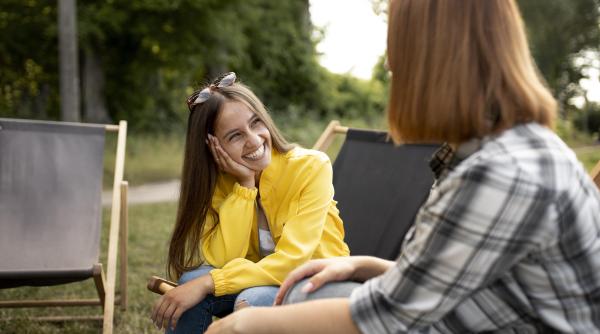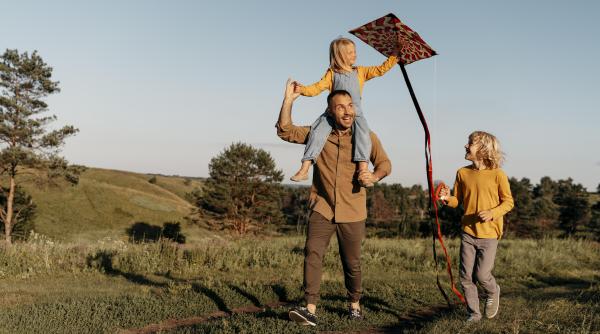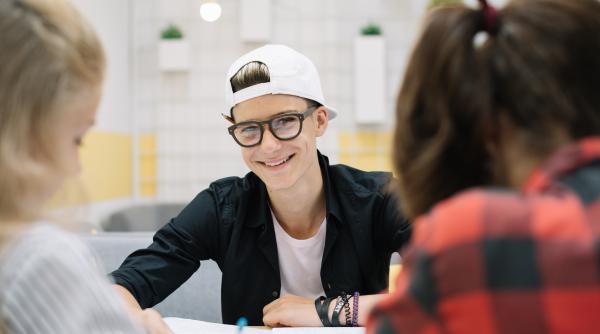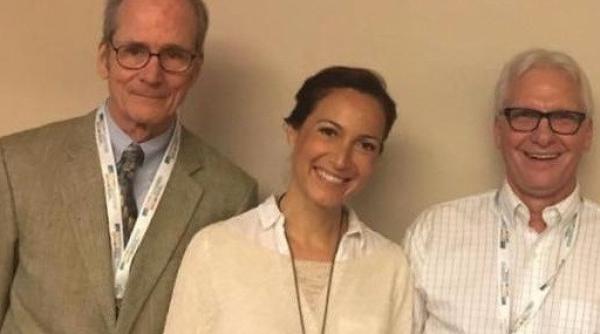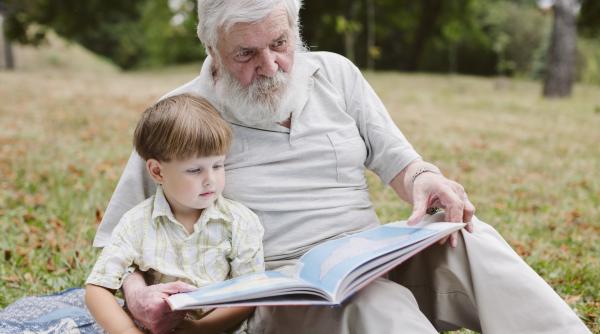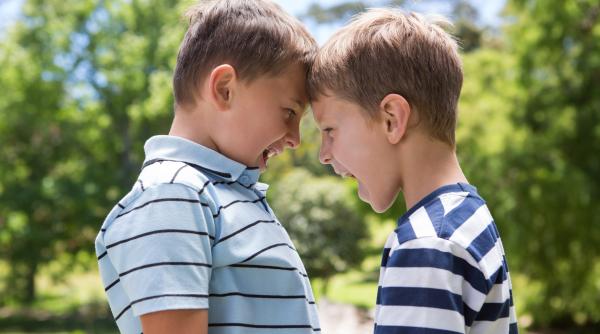"We are this generation of parents who control things because we are more cautious, using the excuse that times are a bit more dangerous. How do you see this situation? How does this protection affect the child? Because we don’t even let them go to the corner store alone", said Loredana Iriciuc.
Coach Oana Zapca emphasized that while parental protection is natural, there is a risk that it may limit the child's development of autonomy and self-confidence.
"We can create other situations where they can see that they can make decisions, that they are competent, that they have control over their life, even if it doesn’t necessarily mean going to the corner store", the expert explained on Present Parents, a show produced by ParintisiPitici.ro.
Parental guilt in the modern era
She shared her experience as a mother with a demanding corporate schedule, mentioning that, often, the feeling of guilt led her to become overly controlling during the few hours spent with her children in the evening.
"I often reflected on my behavior. I am, or I used to be, a corporate mother with a hectic schedule. I tried to do everything right, and many times I came home and, in my interaction with my children, there was guilt—though not fully recognized—lingering in the background. Somehow, the guilt of not spending enough time with my child, of not knowing what they did during the day if they read if they did their homework... And then, during that 1-to 2-hour interaction I had with them in the evening, I felt a strong need to question them, to make them do things, and perhaps make up for all that lost time.
And when I realized that, in fact, by constantly working in this environment where I had the impression - so it was just an impression after all - that I wasn't enough for my child, I also came with this need.
I created a sense of guilt in myself, which led to what? Yet another context of needing to control, to direct, to question", added Oana Zapca.
Oana Zapca: "I believe that mothers today are much more available and present for their children than they were 50 years ago"

PHOTO: freepik.com @senivpetro
Oana Zapca compared parents of the past with those of today, emphasizing that although times have changed, the feeling of parental guilt remains.
"But then I realized. Well, what if I accepted that the world we and our children live in is the world they were born into? It's also the world where we, as women, seek to develop professionally, and we even deserve to grow professionally, and that's not necessarily wrong", the expert added.
Oana Zapca continued, stating that although parents in the past raised their children in more challenging conditions, today, mothers are much more educated and involved in their children's lives.
"Children grew up back then too, I’m not saying it was ideal, but they grew up with mothers working in the fields, with mothers caring for seven children at once. I honestly believe that now mothers are much more available and present for their children than they were 50 years ago, and even more educated", she added.
"So why all the guilt? And why the need to say, 'But we're not giving them enough,' 'we're not providing enough,' etc. I say we're giving them plenty!"
The paradox of caution: Are we protecting or limiting them?
While parental protection can be justified by the perceived dangers of the modern world, it can also lead to limiting children's independence. Oana Zapca highlighted that today’s parents are tempted to compensate for the lack of time spent with their children by exerting excessive control over their activities.
"Of course, maybe we can’t let them go to the store anymore. I also drove my kids to school, and indeed, where we live, they can’t get there on their own, and time doesn’t allow it either. But I can give them other things—I can still offer them walks in the park, as a family, and we take different paths. Yes, I ride my bike, you ride your scooter; it’s still independence. I can allow them to explore nature in another way", the expert explained.
However, Zapca sounded a warning against idealizing the past, reminding us that children in the past were often exposed to abuse and violence.
"And before, they might have gone to the store, maybe chased by their father to bring back his beer. So no, it doesn’t mean that life was all rosy before. Children were abused, and beaten in the past", the expert emphasized.

PHOTO: freepik.com @standret
What does it mean to be a present parent nowadays?
At the end of the discussion on this topic, Oana Zapca emphasized that although parenting has significantly developed and improved, today's parents need to cultivate a state of presence. This doesn’t just involve theoretical knowledge of parenting methods but also applying them in a conscious and moment-adapted way.
"I believe that, overall, parenting has developed quite a lot and in a positive direction. I genuinely think that, on the whole, our children have a better life than in the past, even though we may feel nostalgic about certain aspects. But we, as parents, also know much more and do much more good than in the past.
However, this doesn’t mean our work is done; it means that we still need to maintain that state of presence from which we can apply the things we know.
It’s not knowledge that we lack; I think we lack the state of presence. And from that presence, we can respond with the best version of ourselves at that moment", the expert concluded.

